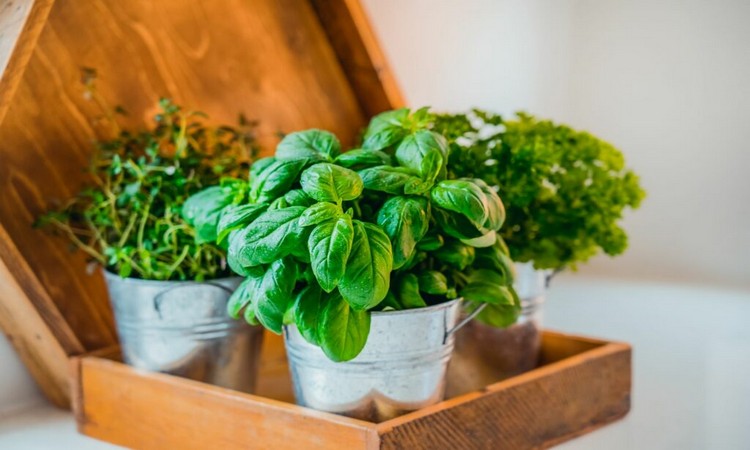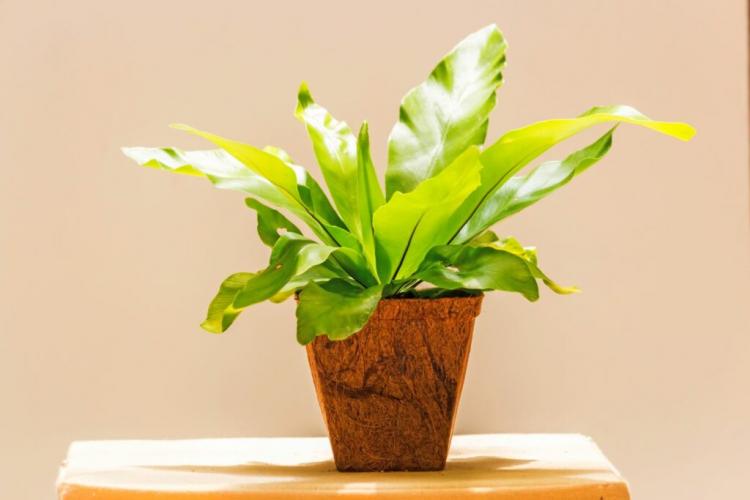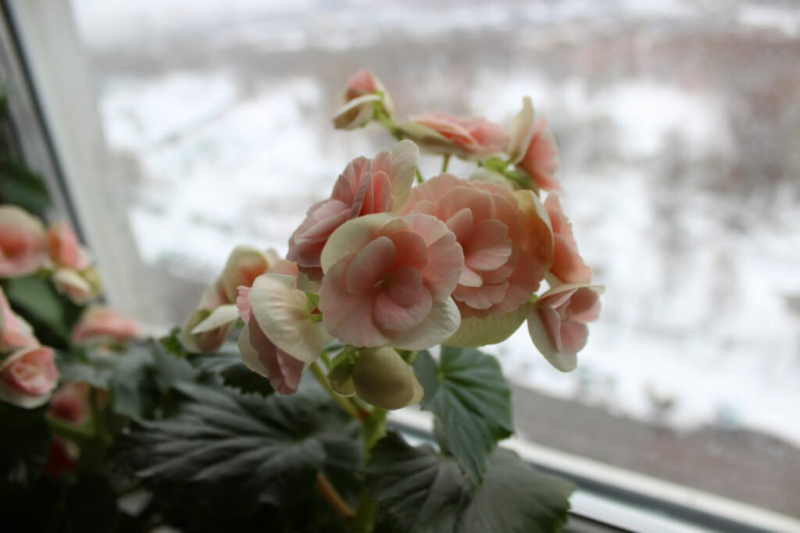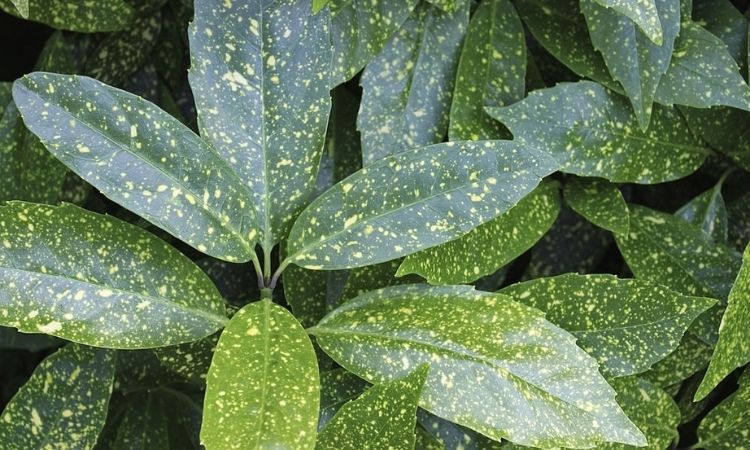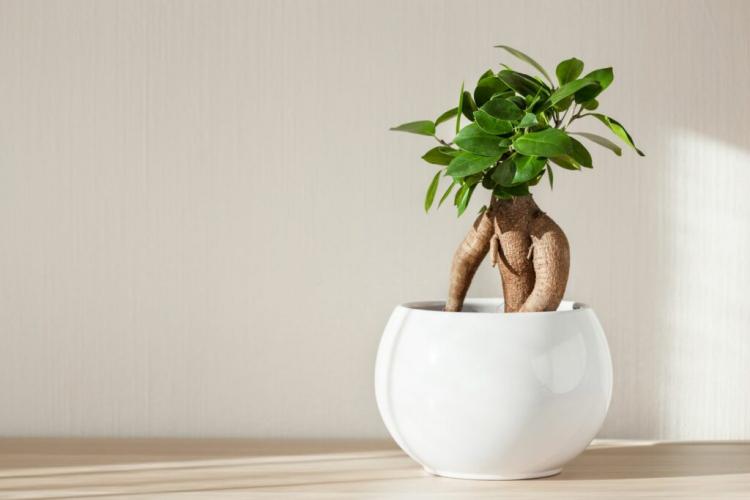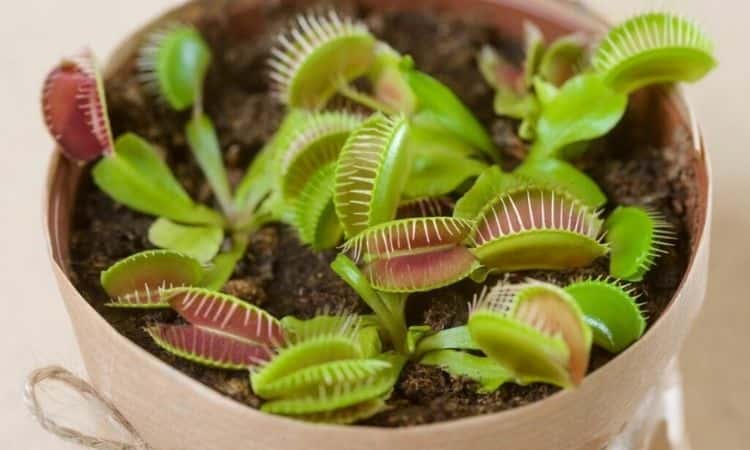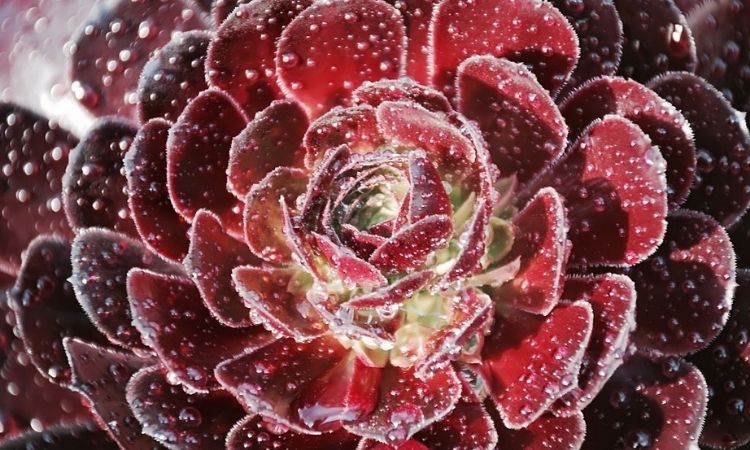Alkaline Herbs: The Best Herbs For The Alkaline Kitchen
The acid-base balance in equilibrium – how you can increase your well-being with alkaline herbs.
Anyone who is much concerned with nutrition and the choice of the right foods will sooner or later come across the keyword acid-base balance. Diet advisors in particular often use half-truths to warn against over-acidification of the body due to incorrect nutrition and acidic foods. These are said to lead to fatigue, headaches, and the accumulation of “waste products” in the body.
In fact, over-acidification of the body without a pre-existing condition (for example, chronic kidney disease) is extremely rare because the body has an elaborate buffering system to regulate its pH. However, scientific evidence suggests that a diet rich in bases has a positive effect on the body in the long term and can reduce the risk of various diseases such as kidney stones, increased blood pressure, or gout. While short-term “alkaline cures” therefore have little effect on well-being, drinking alkaline herbal teas and other alkaline-rich foods can actually have a positive effect on health in the long run.
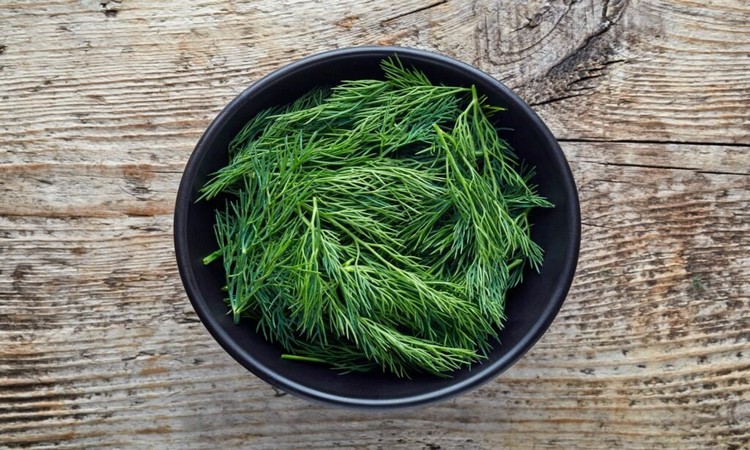
What Are Alkaline Herbs And How Do They Work?
Table of Contents
Alkaline herbs, or alkaline foods in general, are those foods that are characterized by a high proportion of alkaline-forming components. This has nothing to do with the taste of the plants: Alkaline spices can also taste sour or spicy and still have a positive effect on the acid-base balance.
The decisive factor in determining whether herbs are classified as alkaline or acidic is the distribution of cations and anions in the food, which is also indicated as PRAL (Potential Renal Acid Load). Alkaline herbs have a high proportion of cations, which include sodium, potassium, calcium, and magnesium. They also contain a low PRAL, which helps the body neutralize acids and restore its natural buffering capacity.
Optimally, the diet should consist of two-thirds alkaline foods (primarily plant foods) and one-third acidifiers (primarily animal foods). However, since this is not always possible, this is where alkaline herbal teas come into play: due to their high capacity for alkalizing, they help to balance out acid-forming foods and thus contribute to a healthy diet.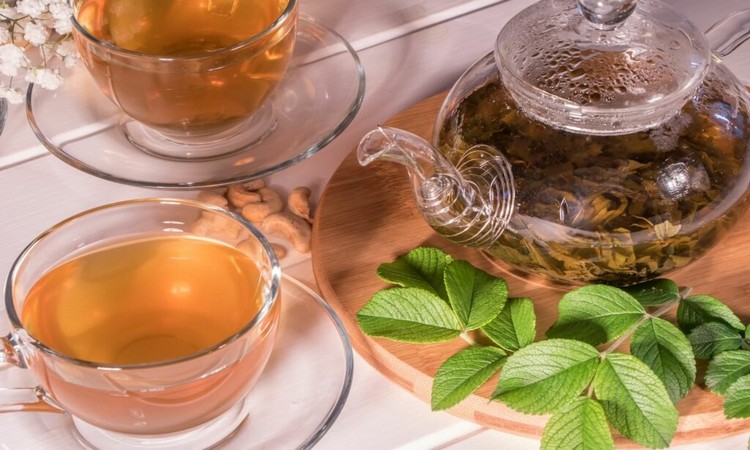
Alkaline Herbs At A Glance
If you want to eat a particularly healthy diet, herbal tea is an excellent way to meet your alkaline food needs, because it is precisely the use of herbs as alkaline spices that has a positive effect on the body. We have compiled the best alkaline wild and household herbs for you here:
Stinging Nettle (Urtica)
With a PRAL of -12.6, stinging nettle is one of the top alkaline herbs. It can be drunk as a tea or eaten fresh and also stimulates kidney activity.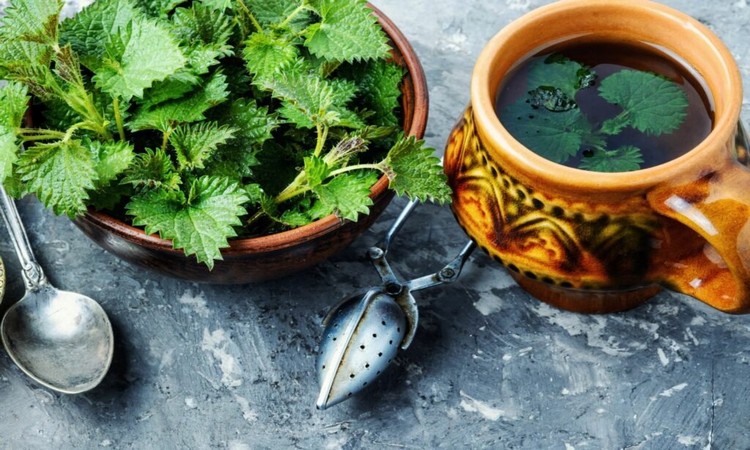
Parsley (Petroselinum crispum)
Parsley is also one of the alkaline herbs. With a PRAL of -12.5, the herb can have an excellent alkalizing effect as a spice. But tea made from parsley is also suitable for a healthy diet. Learn about the many types of varieties of parsley.
Dill (Anethum graveolens)
Dill is not only known for its appetizing and anti-inflammatory effect but also has a positive effect on the acid-base balance – with a PRAL of -12.3, the spice has an alkaline effect.
Oregano (Origanum vulgare)
Not only is a Mediterranean seasoning herb oregano can inspire, but the plant is also popular as an alkaline spice with a PRAL of-9.8. What many don’t know: Oregano can also be used excellently as an alkaline herbal tea.
Dandelion (Taraxacum officinale)
Whether as a tea or fresh in a salad – dandelion is an alkaline wild herb with a PRAL of -9.7 and is an enrichment for every diet. In addition, the alkaline wild herb is characterized by positive effects on digestion.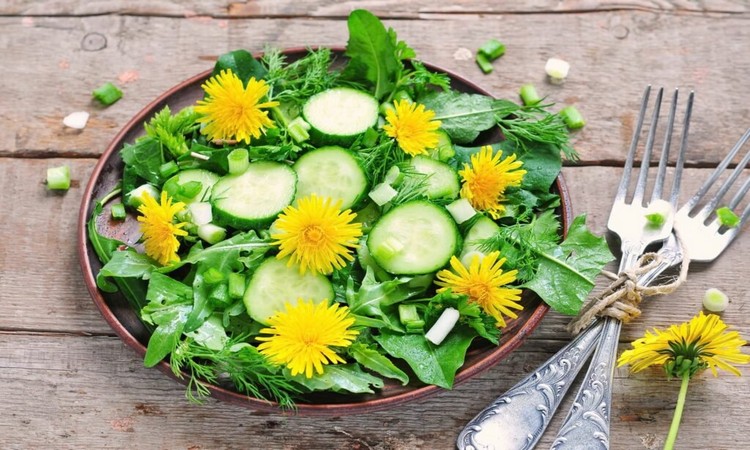
Sage (Salvia officinalis)
As an alkaline herbal tea, the effect of sage is undisputed: With a PRAL of -7.5, sage relieves the acid-base balance and also has a positive effect on the gastrointestinal tract. The plant can also be perfectly combined as an alkaline spice.
Basil (Ocimum basilicum)
Basil lovers can rejoice: With a PRAL of -7.3, the plant is a perfect addition to the menu and can be beneficial to health both as a spice, but also as an alkaline herbal tea.
Rosemary (Salvia Rosmarinus)
Rosemary has long been known as a spice for hearty dishes. But not only its beneficial effect on the gastrointestinal tract but also its PRAL of -6.1 make the alkaline herb a welcome guest on the table. Learn how to fertilize Rosemary.
Thyme (Thymus vulgaris)
Fresh thyme tea helps with colds and can also be beneficial to the acid-base balance. Whether used as an alkaline herbal tea or as a spice, thyme is one of the alkaline herbs with a PRAL of -5.8.
You might so like: 11 Herbs That Strengthen The Immune System
Chives (Allium schoenoprasum)
With their fresh taste, chives are a popular accompaniment to numerous dishes. Thanks to its PRAL of -5.3, it is also a good alkaline herb.
